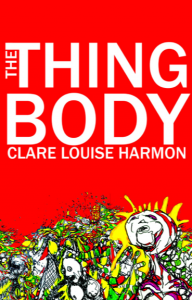367 pages, $25
Review by Laura Kochman
In the year we have defined as 2015, I am reading and reviewing The Volta Book of Poets. It has emerged from The Volta, a website of/for/about/from contemporary poetry, named after the term for the place where a poem shifts. The Volta’s creator and the editor of this anthology, Joshua Marie Wilkinson, writes in his introduction about the thinking behind this collection—what it means to collect a group of work in one place, in this case a “constellation” that “embrace[s] that cacophony.” It’s clear from his introduction that The Volta Book of Poets seeks to present not a closed list of must-reads, but a field of work that, like language and identity, is ever-expanding.
What does it mean to anthologize? What does it mean to collect, and can one participate in collection without also creating a measurable total or an endpoint? This is Wilkinson’s implied question, and one that the writers in this anthology seem to be thinking through as well. For one thing, this is The Volta Book of Poets, not The Volta Book of Poems. This title is our entry, and so we begin with an act of resistance against definition. It is as difficult to define a mode of poetry encompassed here as it is to define a poet. We begin with this reminder to extrapolate, to read holistically and associatively. Each poet has provided a poetics statement, although they range widely—from Khadijah Queen’s more traditional explanation of poetic process to Anselm Berrigan’s three-word refusal: “No more poetics.” Some statements read like essays (Andrea Rexilius), some like poems (Evie Shockley). Poetics statements are common for anthologies, and they work well here, as expanders. Continue reading
![[PANK]](https://pankmagazine.com/wp-content/themes/pank/assets/images/pank-logo-large.png)


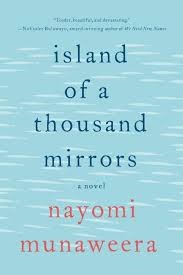
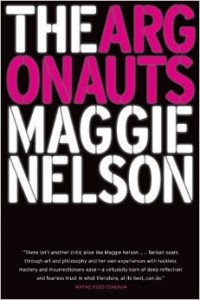
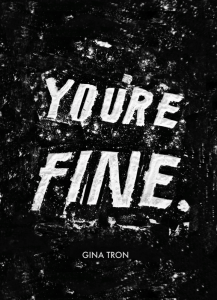
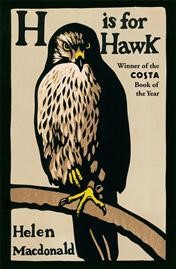
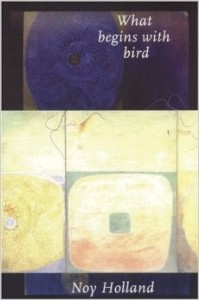
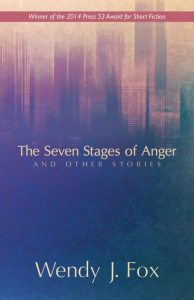
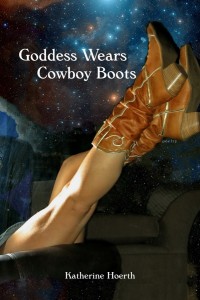
![Timid Son FINAL.doc [Read-Only] [Compatibility Mode] - Word 6152015 113804 AM](https://pankmagazine.com/wp-content/uploads/2015/06/Timid-Son-FINAL.doc-Read-Only-Compatibility-Mode-Word-6152015-113804-AM-192x300.jpg)
